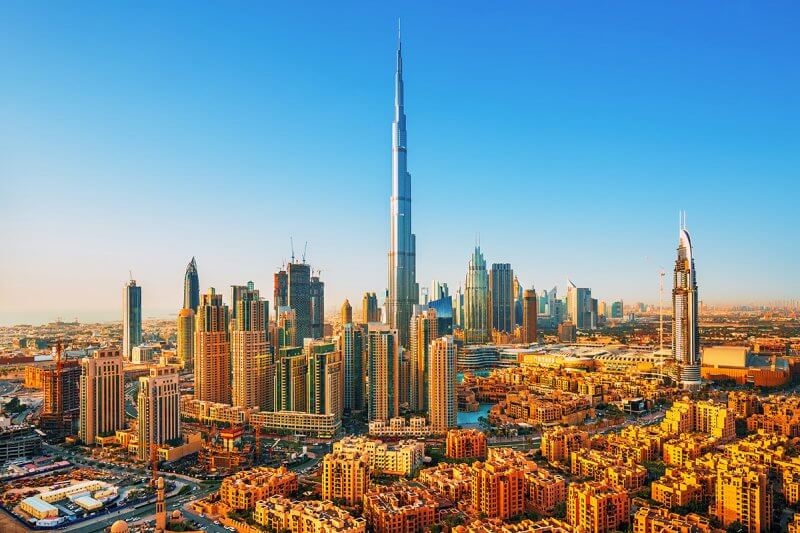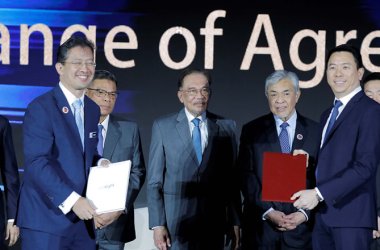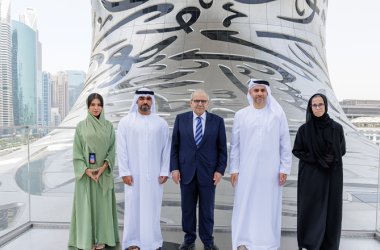Investments in technologies enabling smart cities in the Middle East and Africa (MEA) region is expected to hit the $2.30-billion mark by 2021, according to the latest study by IDC.
According to the report, given that large funding is needed to build smart cities, public-private partnerships (PPPs) are seen as the key force that will help accelerate such undertakings in the region.
“Building cities integrated with next-generation technologies such as the Internet of Things (IoTs) and artificial intelligence (AI) does not come cheap. A number of cities are facing budget constraints in deploying smart city projects, hence, they are developing revenue-generating business models to attract private financing,” said Dawood Al Shezawi, President of Strategic Marketing and Exhibitions, the organiser of the Future Cities Show, the only event that unites leaders to discuss solutions for a smart sustainable future.
According to Al Shezawi, the private sector can help boost government funding for smart city projects by injecting their own capitals with return on investment (ROI) expectations. He said these large-scale projects present an opportunity for business growth and new revenue source for the private sector, while governments can capitalise on the partnership to ensure savings and optimise private sector expertise.
In the UAE, one of these prominent projects is the Abu Dhabi Telemedicine Centre, a joint venture between Mubadala and Switzerland’s Medgate, while the Smart Dubai Office has partnered with government and private sector entities alike for the implementation of its more than 130 initiatives, which include the Dubai Data Initiative, the Dubai Blockchain Strategy, the Happiness Agenda, the Dubai AI Roadmap, and the Dubai Paperless Strategy.
Blockchain and AI technologies, along with smart mobility, smart infrastructure, and sustainability, will be showcased at this year’s Future Cities Show, which will be held from 8th to 10th of April at the Dubai World Trade Centre under the theme ‘Propelling Globalisation through Digital Transformation.’
The third edition will serve as a global platform for investors, leaders, policy makers, and entrepreneurs to share their ideas and expertise on modern solutions that will help build the cities of the future. It will also provide an ideal venue for government officials and private executives to engage in potential partnerships in line with the show’s objectives.
“We need to continuously provide a venue for all key stakeholders to meet and dialogue with each other. These interactions are key to coming up with technology- and innovation-driven solutions that will improve connectivity, promote sustainable growth, and enhance the quality of life of the people. Collaborative efforts between government and private bodies are vital to fast-track our smart transformation initiatives and build sustainable and vibrant urban communities across the globe,” said Al Shezawi.





